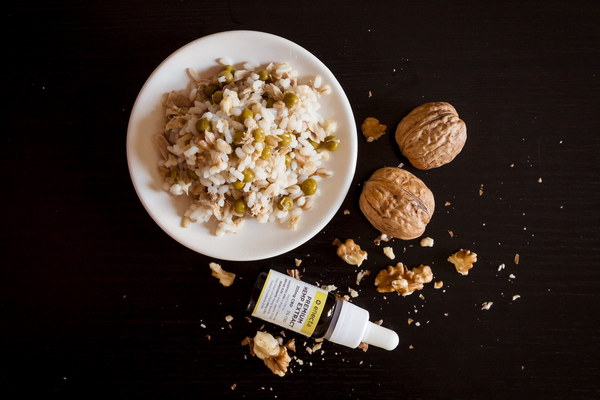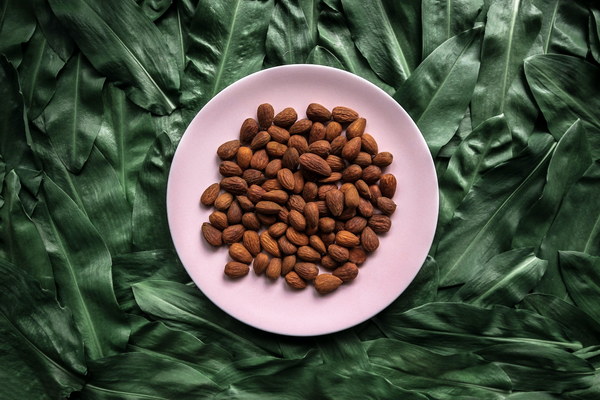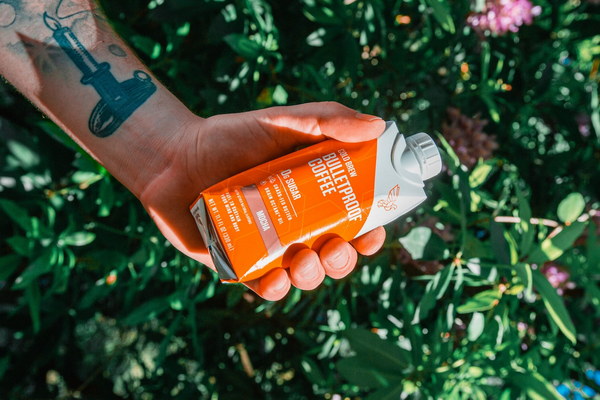Can Western Medicine Eliminate Dampness Exploring the Effectiveness of Medications
Introduction:
In traditional Chinese medicine, dampness is considered a common cause of various health issues. Many individuals seek relief from dampness symptoms by consuming herbal remedies. However, with the advancements in modern medicine, some people wonder if Western drugs can also eliminate dampness. In this article, we will explore whether Western medicine can effectively treat dampness and its potential effects.
1. Understanding Dampness:
In traditional Chinese medicine, dampness refers to a pathological condition where dampness accumulates in the body, leading to symptoms such as fatigue, weight gain, bloating, and poor digestion. While Western medicine does not have a direct equivalent for dampness, some symptoms may overlap with conditions like metabolic syndrome, inflammation, or gastrointestinal disorders.
2. Western Medicine and Dampness:
Western medicine primarily focuses on treating specific conditions and their underlying causes. While it may not directly address dampness as a concept, certain medications can help alleviate symptoms that are associated with dampness.
a. Anti-inflammatory drugs: Conditions like arthritis, which can be related to dampness, can be treated with anti-inflammatory drugs such as ibuprofen or naproxen. These medications can reduce inflammation and alleviate joint pain.
b. Diuretics: Excessive fluid retention, a common symptom of dampness, can be treated with diuretics like furosemide or hydrochlorothiazide. These medications help increase urine production, thereby reducing fluid accumulation in the body.
c. Gastrointestinal medications: Gastrointestinal disorders, which can be linked to dampness, may be treated with medications such as proton pump inhibitors (PPIs) or antacids to reduce stomach acid and improve digestion.
3. Limitations of Western Medicine:
While Western medicine can address some symptoms associated with dampness, it has limitations in treating dampness itself.
a. Symptomatic treatment: Western medicine focuses on symptom relief rather than addressing the root cause of dampness. Therefore, the effectiveness of treatment may vary from person to person.
b. Side effects: Some medications used in Western medicine may have side effects, which could further complicate the patient's condition.
4. Complementary Approaches:
Considering the limitations of Western medicine in treating dampness, some individuals opt for complementary approaches, such as herbal remedies, acupuncture, and diet modifications.
a. Herbal remedies: Traditional Chinese medicine offers various herbs that are believed to eliminate dampness, such as cinnamon, astragalus, and rehmannia. However, it is essential to consult a healthcare professional before starting any herbal treatment.

b. Acupuncture: Acupuncture is a therapy that involves inserting fine needles into specific points on the body to balance the body's energy. Some individuals find relief from dampness symptoms through acupuncture.
c. Diet modifications: Avoiding dampness-inducing foods, such as sugary and greasy foods, and incorporating foods rich in fiber and nutrients can help alleviate dampness symptoms.
Conclusion:
While Western medicine may not directly address dampness as a concept, it can help alleviate some symptoms associated with dampness. However, considering the limitations of Western medicine in treating dampness, complementary approaches like herbal remedies, acupuncture, and diet modifications may be beneficial. It is crucial to consult healthcare professionals before starting any treatment to ensure the best possible outcome.









